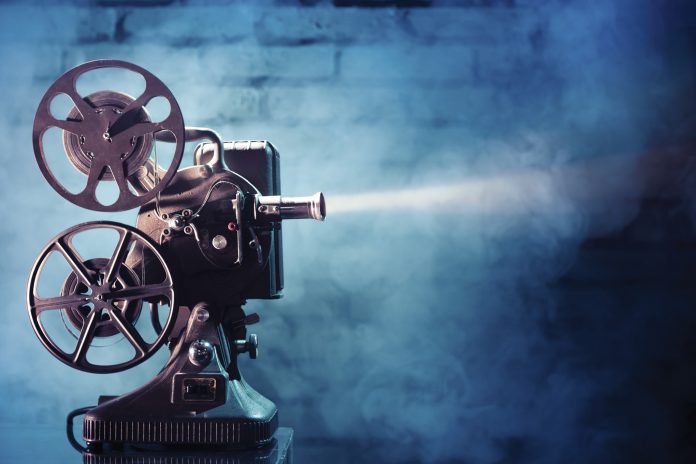Say what you will about M. Night Shyamalan’s inconsistent track record, but Glass must be among the most anticipated films of his career. The director known for his infamous plot twists employed one of his best at the end of last year’s Split, in which he turned the creepy thriller about a man with 24 personalities into a backdoor sequel to 2000’s Unbreakable. Glass combines the two, matching Bruce Willis’s invincible David Dunn against James McAvoy’s unhinged Kevin Wendell Crumb, whose many personalities contain a beast capable of inhuman feats.
It’s a superhero matchup in an era where superhero fare feels like a monthly event. What Glass offers to differentiate itself is Shyamalan’s attempt to rationalize the existence of powers in a realistic world. He films stunts such as Dunn bashing his way through a metal door and the Beast flipping a car with nothing but his bare hands with gritty realism.
Much of the film takes place with the two opponents and Samuel L. Jackson’s evil mastermind, Mr. Glass, locked in an asylum for people who believe they’re heroes. (It was filmed at Allentown State Hospital with the Philadelphia skyline green screened in.) And for most of the movie, these gritty powers and the mind games between the three characters is an enthralling watch. But it’s a Shyamalan movie, which means there has to be a catch, and by the third act we’re left sifting through the shards of what could have been an excellent movie.
It’s hard to pin down what exactly went wrong without spoiling the trademark Shyamalan twist in the events. When we last left off with David Dunn in Unbreakable, he realized he was invincible, and donned a green cape and hood to save people in trouble. We pick up nearly two decades later to see he and his son have made a habit out of it, tracking down criminals in the back of the tech store they own. Dunn attempts to track down Kevin, also known as “the Horde” with his many personalities, after we see he’s made a habit out of kidnapping teenage girls like in Split.
Amid the fight that breaks out between them, they’re both captured and sent to the same psychiatric hospital Glass was sent to all those years ago. There, psychiatrist Dr. Ellie Staple (Sarah Paulson) tells them she specializes in delusions of grandeur and suggests the three individuals may be putting too much stock in comic books to believe they are actually superheroes and villains.
After Split and 2015’s The Visit, Shyamalan seemed to have made a rebound in his career. He operates best with smaller budgets – Split was made with $9 million, and the price tag for this one was bumped up to a still-modest $20 million. Sure, Unbreakable cost a much heftier $75 million, but Shyamalan was able to restrain himself from going too far off the rails with that one as he did with other projects.
For the first half of Glass, it appears he had accomplished something great. Mike Gioulakis’ cinematography is a beauty, taking a white-walled hospital and making it never get old to look at. McAvoy’s performance steals the show – he sometimes shifts between up to four personalities in a scene, sometimes in one shot, and the Horde makes a scary and somehow sympathetic villain.
Jackson does great work too, but when Shyamalan’s script goes off the rails, he’s the greatest casualty. Much of the rising action teases the coming battle between the three forces – a battle that does not come into fruition the way you’d want or expect. The third act has Jackson narrating the events as if they are playing out in a comic book, and that’s when it becomes the most obvious – just because this movie involves superheroes doesn’t mean it’s a comic book movie. There’s nothing that looks or feels like a comic book here, and a comic book at least would have given us a satisfying ending instead of what we were dealt. The third act collapses under its own tonal, thematic and narrative confusion. Praise is due for the unique and exciting way this trilogy came to be, but in the last minute it shattered under the pressure.





